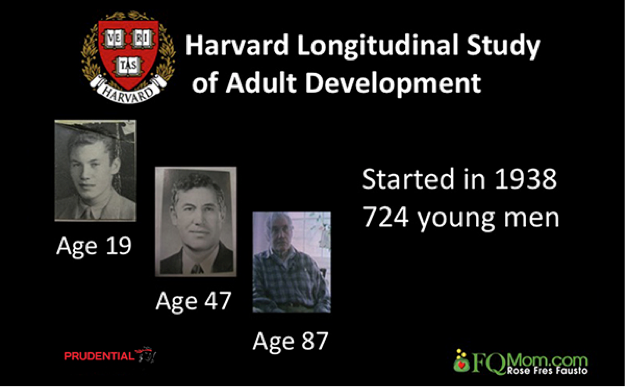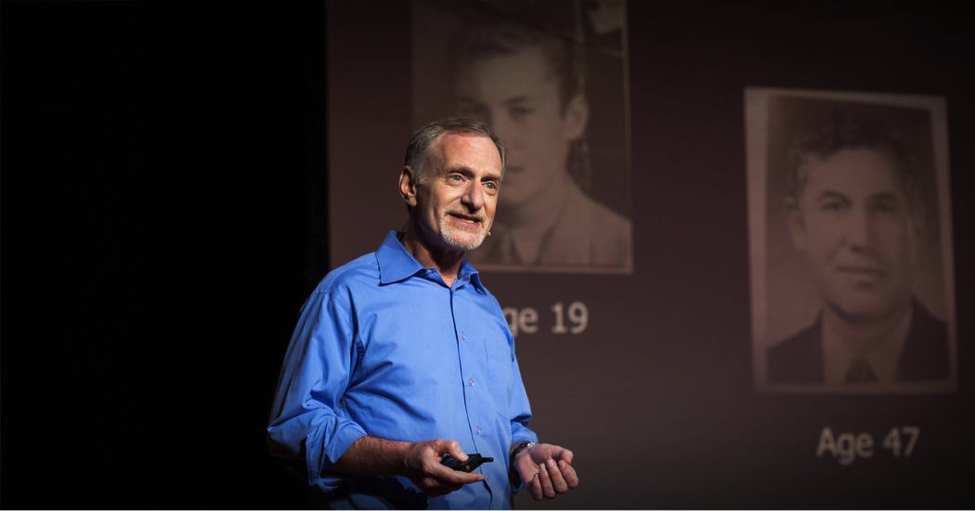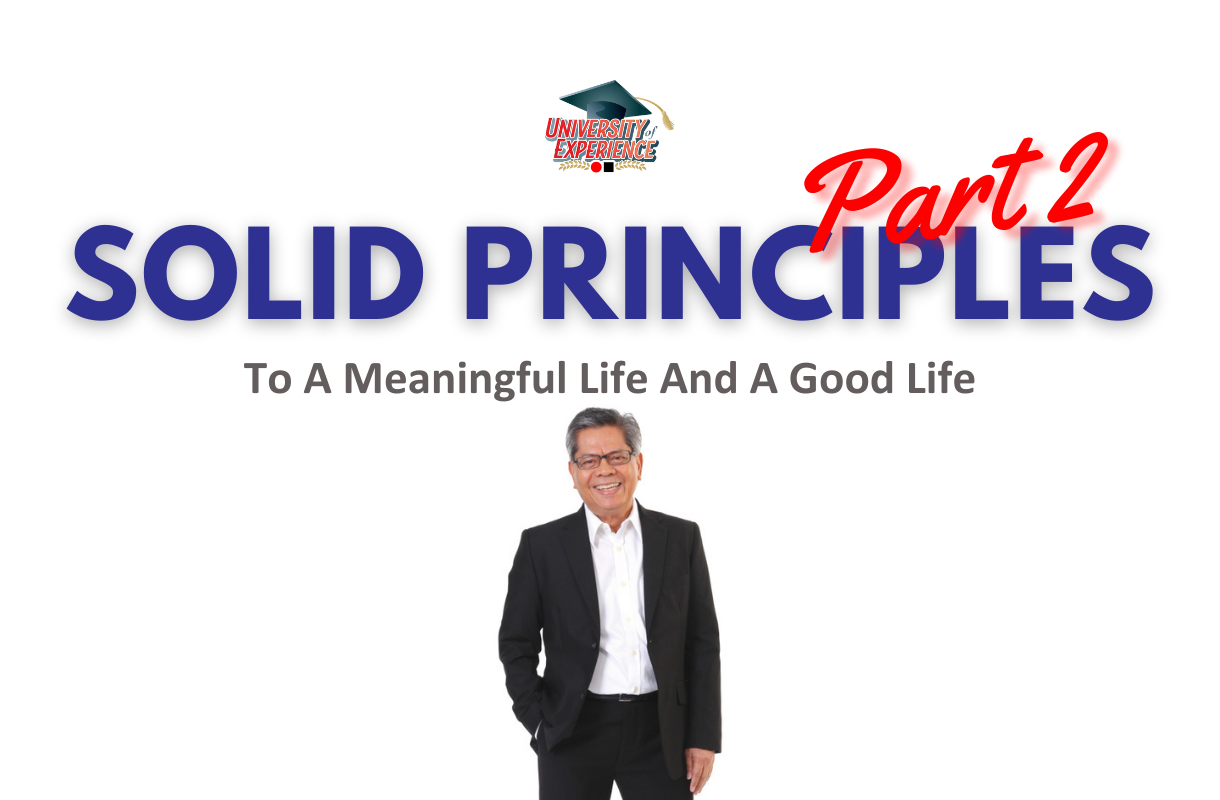by Manuel “Bobby” Orig
(Continued from Part 1)
In sharing with you my fifth and sixth principles for a meaningful life, let me explain the situation that led me to embrace it.
Among my three children, the more strong-willed and vocal is my daughter Vanessa. She had the courage to tell me in my face that I’m wrong when I watch television during mealtimes, because she maintains it is the only time that we can converse and pay attention to each other as a family.
Vanessa also pointed out to me that I was wrong when I opted to join an urgent meeting with company executives who came from Manila instead of joining her birthday celebration. She believes that family members should treat each other’s birthday celebrations as a sacrosanct event.
She also bared to me my family’s frustration at my being animated and engrossed with events and conversations having to do with my co-workers and friends, but businesslike when it comes to interacting with the members of my own family.
I have always thought of myself as a caring and solicitous head of my family. I never realized that this was just my perception and that, viewed from their perspective, the reality is totally different. They see me as a person who considers my work as the be-all and end-all of my existence.
Belatedly, I had to agree with Vanessa. I had to experience pain in order to realize that I am not the man I thought I am.

My painful experience has led me to adopt these two principles:
“My family is my life, and everything else comes second as far as what’s important to me.”
– Michael Imperioli, American actor
“Think of your life as a house, with a bedroom for your personal life, a study room for your professional life, a family room for your family life, and a living room to share with friends for your social life. Can you knock down the walls between these rooms and be the same person in each of them?”
– Bill George, Author, ‘Authentic Leadership’
Finally, I would like to share with you the principle that is guiding my quest for the good life.
How would you answer this question, “What makes a good life?”
If it makes perfect sense to you as it did for me, what your answer should be will become clear if you come to know about the findings of a 75-year old study on Adult Development conducted by the Harvard Medical School.

What follows is a verbatim but abridged quotation of this study as shared by the author during a TED Talk. The author is the current director of the study, psychologist, psychoanalyst and Zen priest, Robert Waldinger.
“There was a recent study conducted on millennials asking them what their most important life goals were? Over 80 percent said that their most important goal was to get rich. Another 50 percent said that it is to become famous.
These millennials gave us the impression that these are the things we need to go after in order to have a good life. That we should lean in to work, push harder, and achieve more. But pictures of how these choices worked out for these millennials later in their lives are impossible to get.
- But what if we could watch entire lives as they unfold through time?
- But what if we could study people from the time they were teenagers all the way into old age to see what really keeps them happy and healthy?
That is precisely what the Harvard Study on Adult Development set out to do. It is the longest study of adult life that has ever been done.
For 75 years, the study tracked the lives of 724 men. Year after year, asking about their work, their home lives, and their health. And asking all along the years without knowing how their lives were going to turn out.
Sixty of the original 724 men are still alive today, still participating in the study. Most of them in their 90s.
Studies like this are exceedingly rare. Almost all projects of this kind fall apart after a decade because too many people drop out of the study, or funding for the research dries up, or the researchers get distracted or they die. But through a combination of luck and the persistence of several generations of researchers, this study has survived and is still ongoing today.
To get the clearest pictures of these mens’ lives, the researchers did not just send them questionnaires. They interviewed them in their living rooms. They got their medical records from their doctors. They draw their blood and they scan their brains. And they videotape them talking with their wives about their deepest concerns.

So what have the researchers learned?
What are the lessons that come from the tens of thousands of pages of information that were generated on the lives of these men?
The lessons learned will surprise you. They are not about wealth, or fame, or working harder and harder.
The clearest message that the researchers got from this 75-year study is this: Good relationships keep us happier and healthier. Period!
And the researchers learned three big lessons about relationships.
The first is:
- Social connections are really great for people. Loneliness kills.
The experience of loneliness turns out to be toxic. People who are isolated from others than they want to be found that they are less happy. Their health declines earlier in midlife. Their brain functioning declines sooner. And they have shorter lives than people who are not lonely.
The second big lesson that the researchers learned is:
- It’s not just the number of friends you have. And it’s not whether or not you are in a committed relationship. But it’s the quality of those relationships that matters.
It turns out that living in the midst of conflict is really bad for our health. High conflict marriages, for example, without much affection turns out to be very bad for our health.
And living in the midst of good warm relationships is protective.
The researchers had followed these men into their 80s. They wanted to look at them at midlife and see if they could predict who was growing to grow into a happy, healthy octogenarian and who was not.
When the researchers gathered everything they knew about these men at age 50, it was not their middle age cholesterol levels that predicted how they were going to grow old but how satisfied they were in their relationships. The people who were the most satisfied in their relationships at age 50 were the healthiest at age 80.
The third big lesson that the researchers learned about relationships is:
- Good relationships don’t just protect our bodies, they protect our brains.
It turns out that being in a securely attached relationship to another person in your 80s is protective.
That the people who are in relationships where they really feel they could count on the other person in times of need, those people’s memories stay sharper longer.
And the people in relationships where they feel they really cannot rely on the other, those are the people who experience earlier memory decline.
Just like the study on millennials mentioned earlier, many of the 724 men when they were starting out, really believed that wealth and fame, and high achievement were what they needed to go after to have a good life.
But over and over, the study has shown that the people who fared the best were the people who leaned on relationships with family, with friends, and with community.”
Conclusion
In essence, the above are the findings of the study. While the subject of the study are 724 American men, I believe that the findings are not influenced by culture and are therefore universal.
So what is the answer to the question “What makes the good life?” The answer is simple and can best be explained by this principle:
The good life is built with good relationships.
This is the principle that I have adopted to guide my quest for the good life.
I submit that my learnings and experiences, and the findings of the Harvard study on adult life have given me a justifiable basis to make these assertions:
One, a man’s and woman’s reason for being is to lead a meaningful life and to lead a good life.
Two, you can only achieve a meaningful life and a good life if you anchor your quest for them on solid principles.
I invite you to consider these two assertions and the seven principles I have shared from my personal and professional life to help and encourage you, if you have not done so already, to develop your own set of crystal clear principles, upon which you should anchor your own quest for a meaningful life and a good life.

Did you enjoy this article? Do you want to suggest a topic on leadership?

